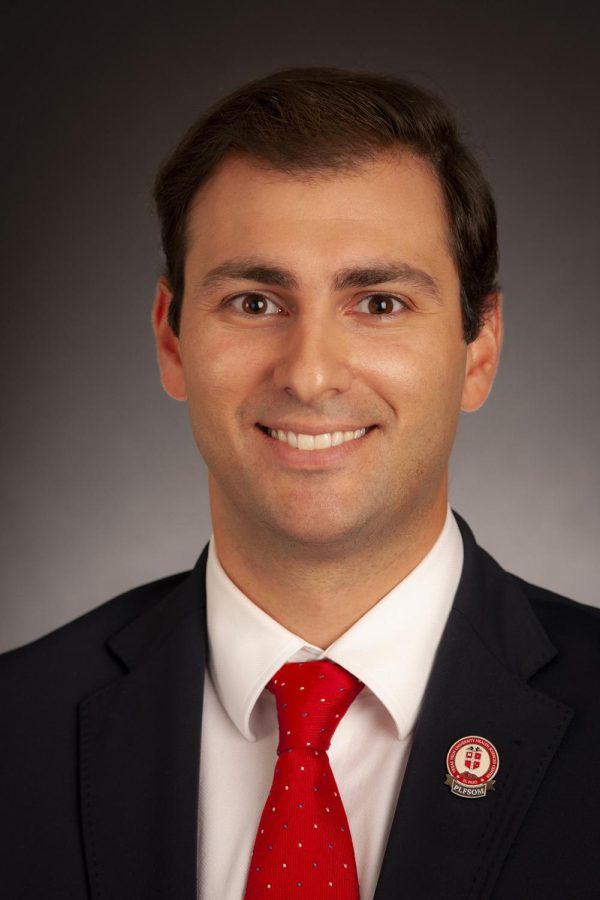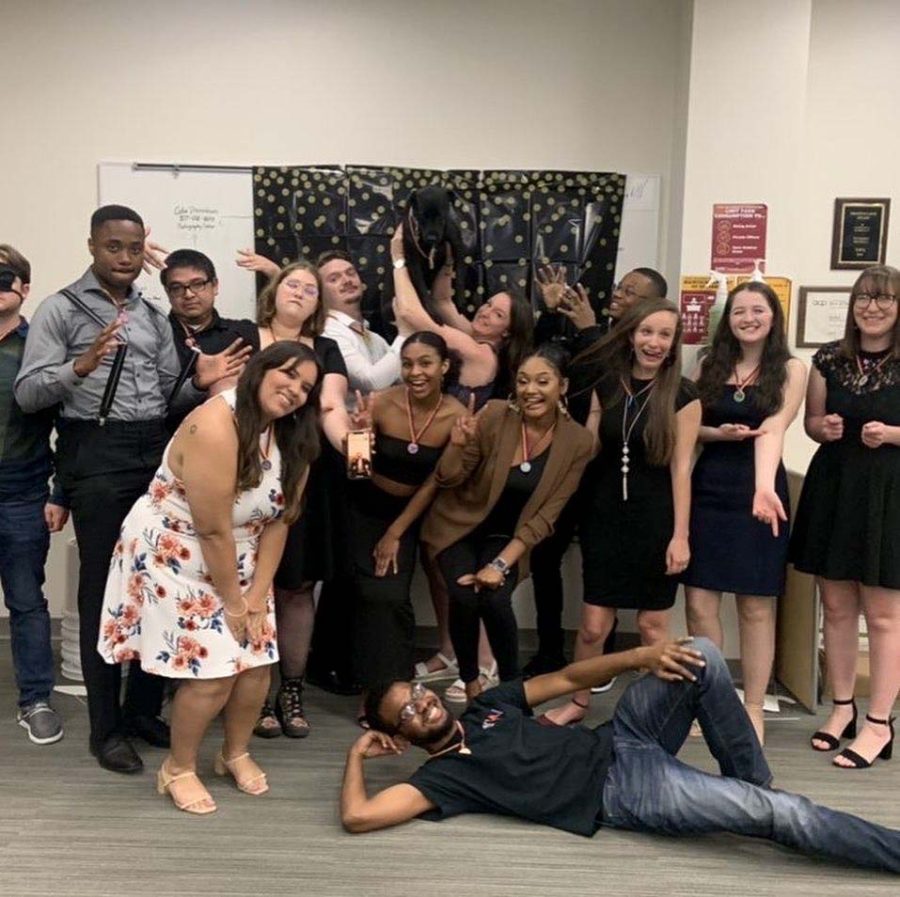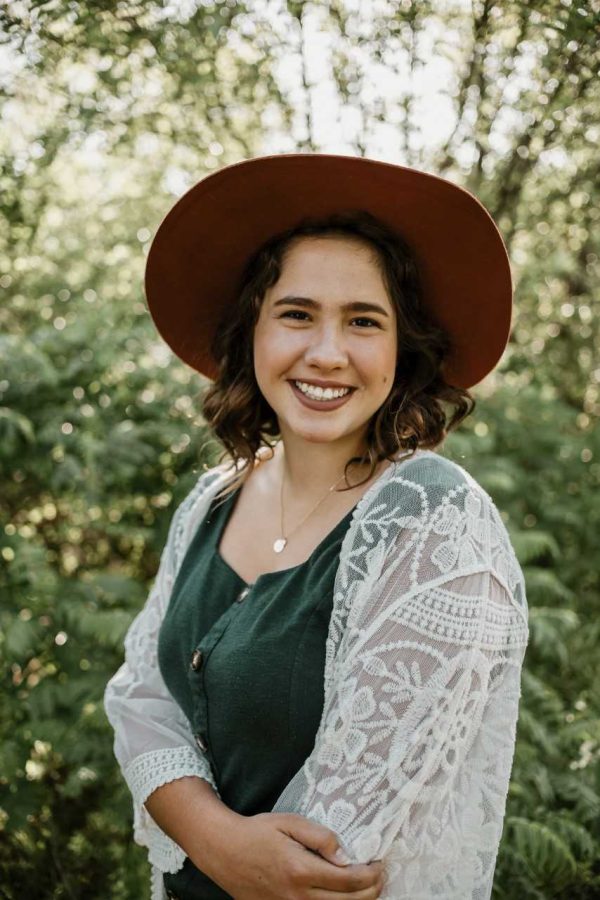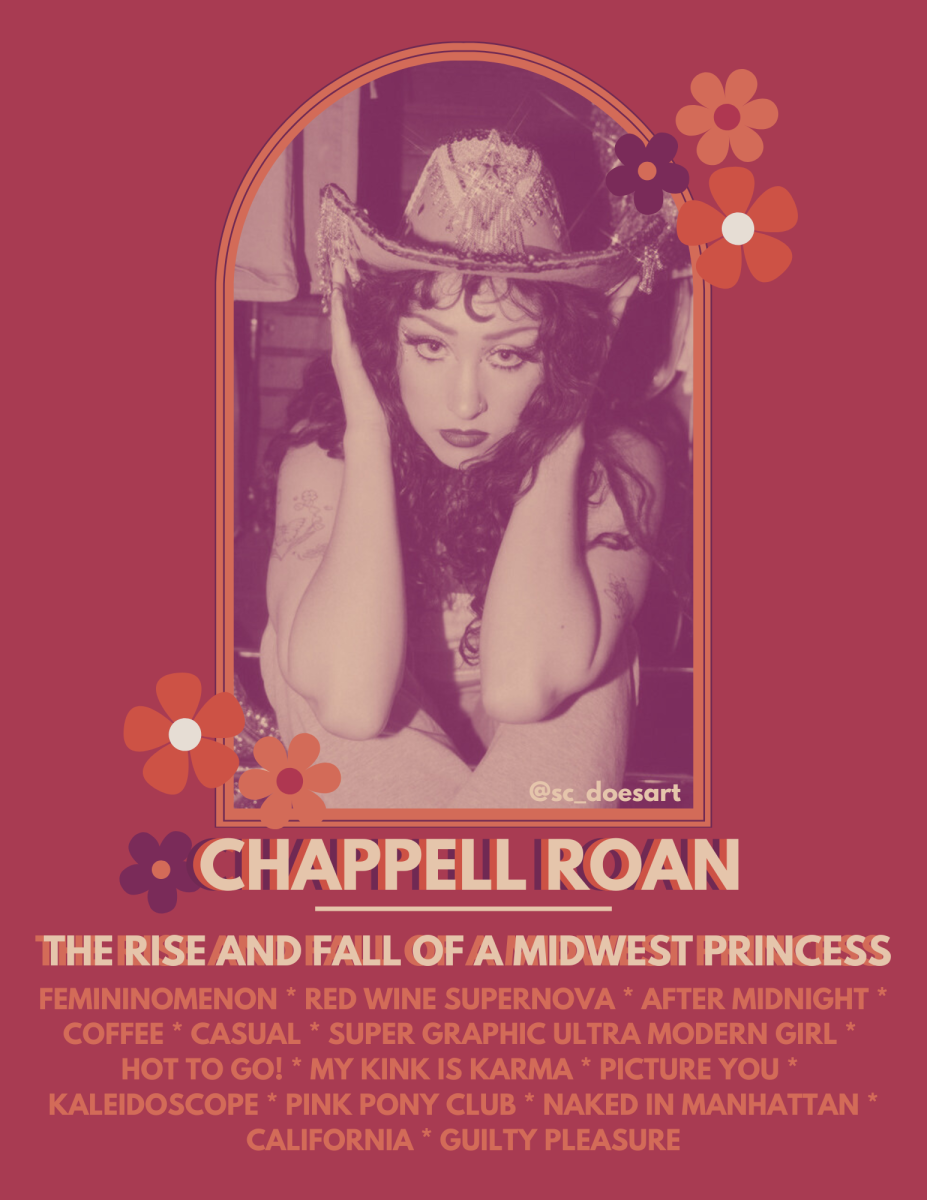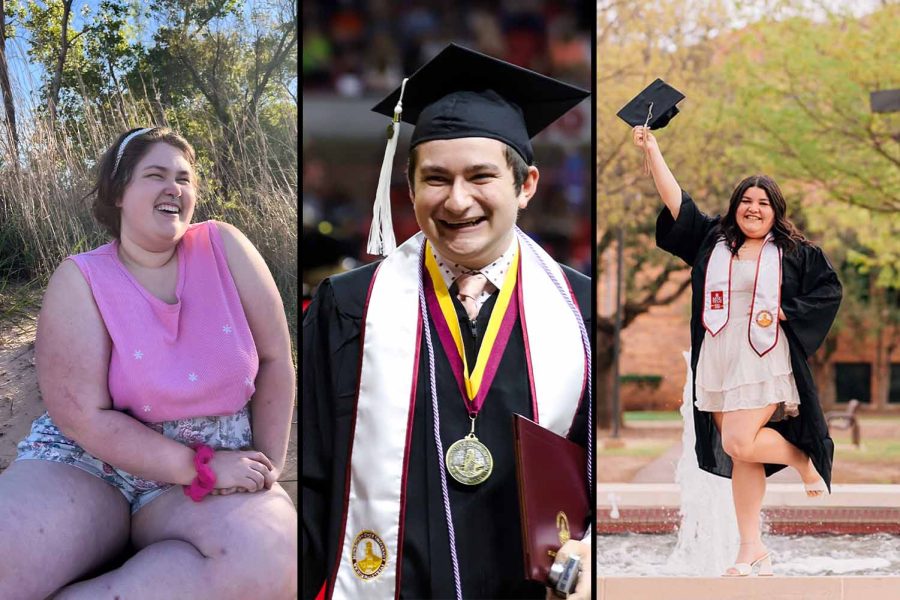A hush fell over the room in Legacy Hall as Todd Giles, associate professor of English, began his introduction of the seven faculty members displayed at the front of the room. Each of these faculty members from various colleges expressed their praise of a liberal arts education, bringing more light to the positive attributes a liberal arts education has on humanity. On Thursday, Jan. 26, the faculty forum concerning liberal arts education in the 21st century began.
According to the Association of American Colleges and Universities, students that graduate from a liberal arts university “pursue their major within the context of a broad liberal education substantially increase their likelihood of achieving long-term professional success.”
This impact of professional success, however, was not the sole purpose of the faculty forum. Each faculty member conveyed the liberal arts education impact on their personal life and what it has impacted in the world.
“The farther down that rabbit hole you get, the more comfortable you get with falling, and that is what a liberal arts education does,” Andrea Button, assistant professor of sociology, said.
The didactic and personal answers to the questions asked brought up many topics from international relations to recent political hiccups. According to panelist Dr. Angela Cartwright assistant professor of education, having a well rounded liberal arts education should consist of an understanding the media course. Her example was the recent media horror about alternative facts.
“I don’t even know what to say,” Cartwright said. “I mean alternative facts. As a society letting that run by and everyone who is in higher education should have been having a cardiac event. I think that we could consider focusing on how we focus on all things, and not just our curriculum. Just alternative facts.”
The crowd listened with rapt attention as she portrayed her obvious irritation with the statement presented by Counselor to the President Kellyanne Conway. After this reply, the silence from the rest of the panel was overwhelming.
Moments like this were consistent as the panelists shared their personal beliefs of a more rounded education and the impact of being the only liberal arts university in the state of Texas that is a member of the Council of Public Liberal Arts Colleges, and how bringing in various subjects into the classroom allows for a more rounded education.
“If I can tap into any subject and bring it into sociology then I want to,” Button said. “Large part because most of the people I teach won’t become sociologist. Equally as important I want to make sure I am teaching to students that are from different majors. I have an advantage in that aspect.”
The enlightenment the forum brought to the audience was far greater than expected, and despite the wide net the forums topic covered was specific and well rounded. Not only was the forum well communicated, it was also adaptive and attention grabbing. Through the seven panelist the portrayal of the importance a liberal education was executed profoundly.
“We are all part of a team and we all work collaboratively,” Kathleen Williamson, associate professor and chair of nursing, said. “If we can help our students be advocates in the classroom Then they will continue to advocate for themselves and others when they graduate.”





